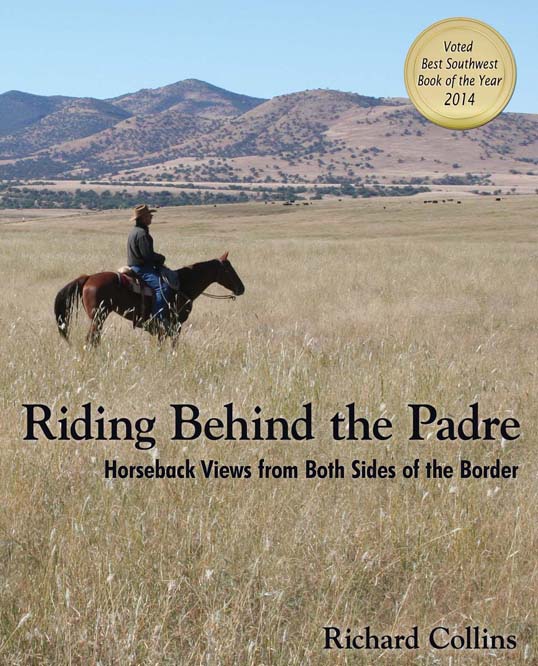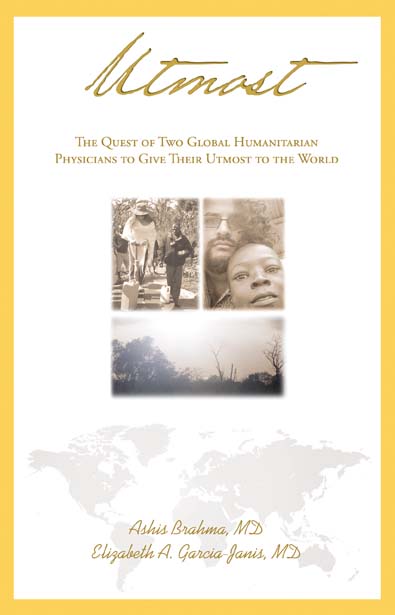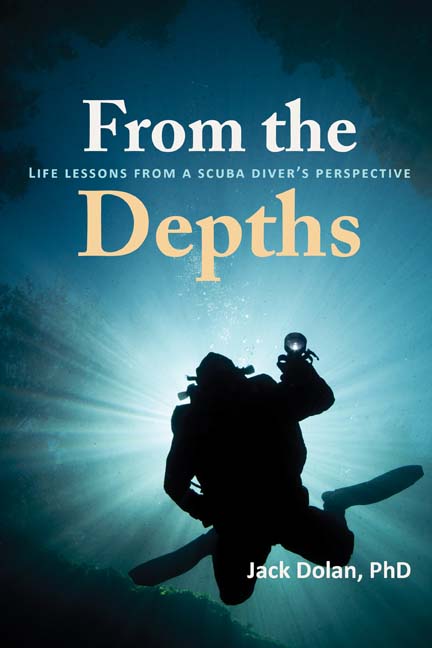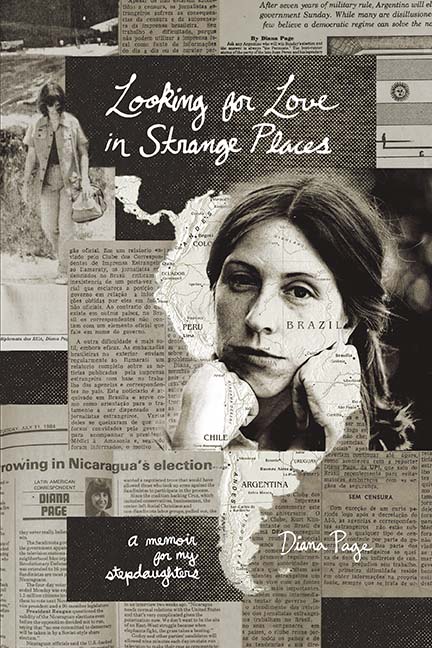Richard Collins was raised on a ranch near Phoenix, Arizona, where he lived until leaving for college. He was educated at Arizona State University (BS) and the University of Arizona (MS and PhD), where he also competed on the rodeo teams, winning regional titles. During the decades of the 1970s and ‘80s, he worked in the rural villages and farms of Central America and Mexico for the Centers for Disease Control, where he witnessed the environments of poverty, disease, and violence that are the root causes of much of today’s turmoil on the borderlands. Since 1983, he has owned and operated farms and ranches in southern Arizona, including the thirteen-thousand-acre C6 Ranch, located twenty-five miles north of the Mexican border, where he has lived for the last twenty years. Writing credits include work in National Geographic Traveler, Science and Spirit, and SN Review magazines, along with a local history series for the Sonoita Bulletin and essays selected twice for the Environmental Writing Institute at the University of Montana.
Visit his website at http://www.richardccollins.com.





